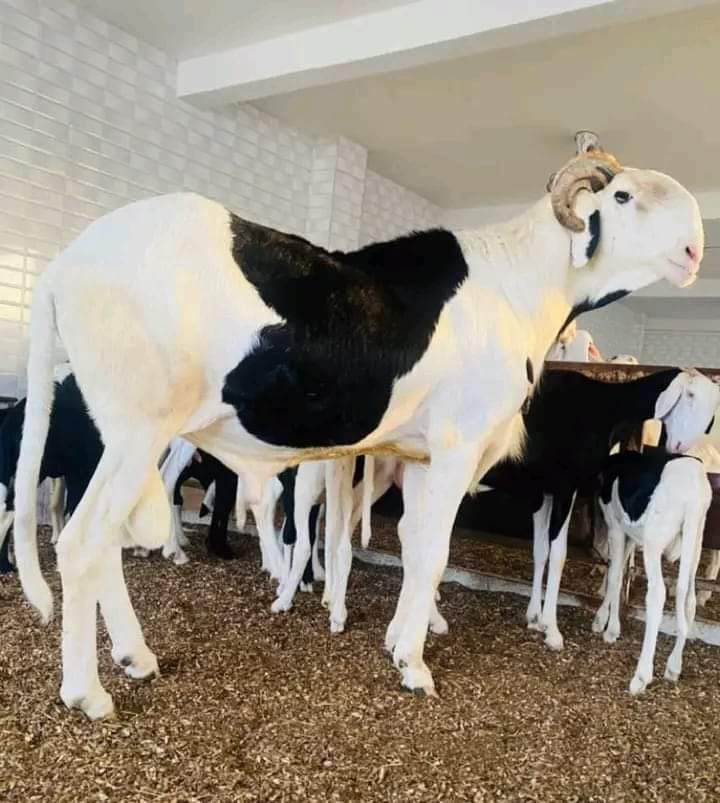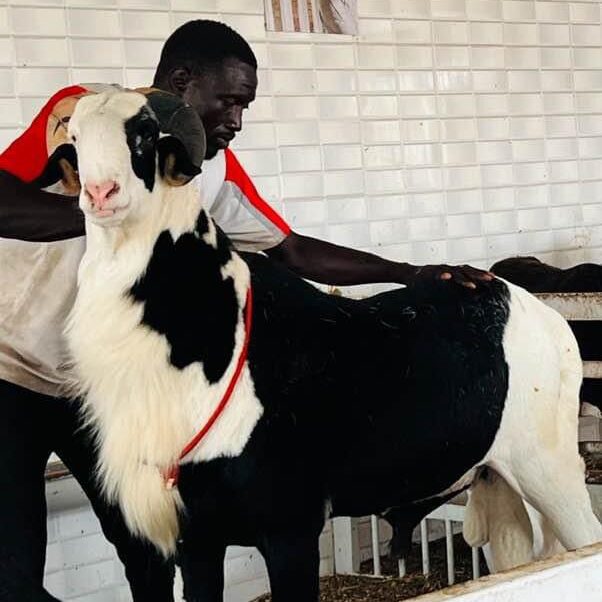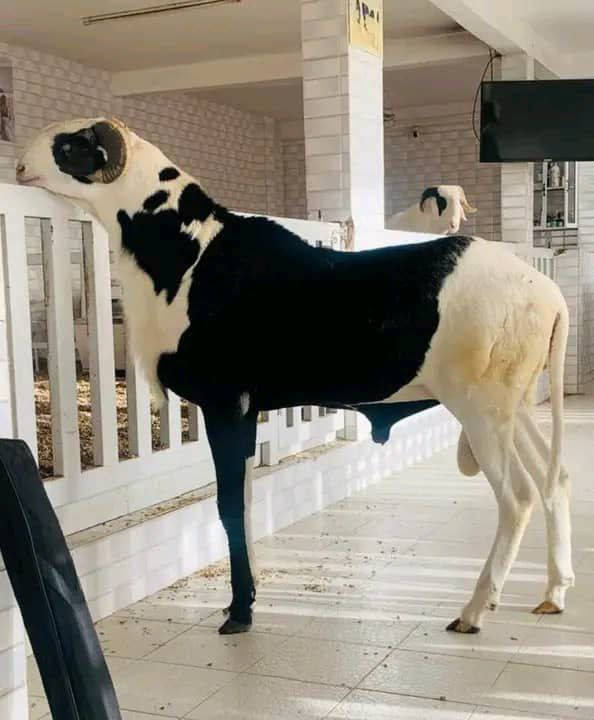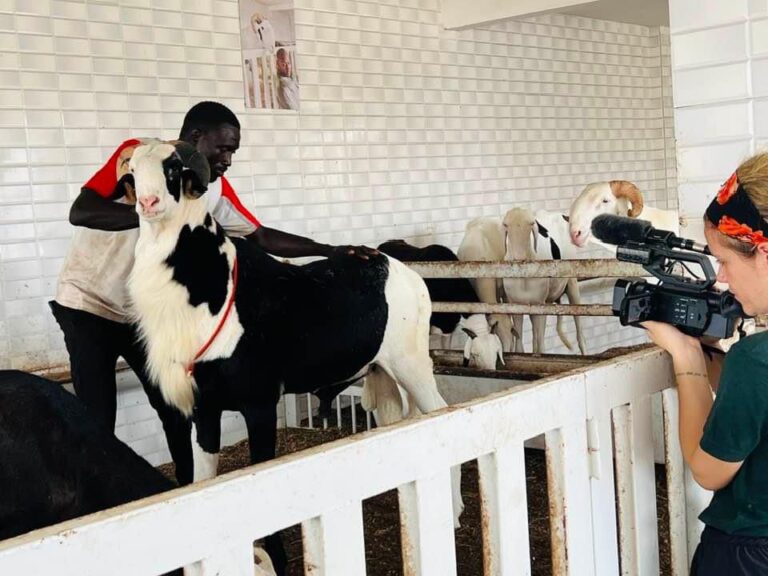
The Ladoum breed is a staple in West African livestock farming, known for its impressive stature and beauty. But why is this breed so highly valued in the region? Let’s explore five reasons Ladoum sheep hold a special place in the hearts of breeders and livestock farmers across West Africa.
1. Cultural Significance
In West Africa, the Ladoum breed is not just seen as livestock but as a symbol of prestige, wealth, and status. Owning a Ladoum sheep is a sign of prosperity, and during important celebrations like Tabaski (Eid al-Adha), these sheep are often showcased and sold at premium prices. For many, having Ladoum sheep during such festivities enhances social standing and honors tradition.
2. Aesthetic Appeal
The Ladoum sheep is often referred to as the “beauty king” of sheep breeds. Their tall and muscular build, along with their regal features—such as large horns, long ears, and sleek coats—make them stand out from other sheep breeds. This aesthetic appeal has led to the rise of Ladoum sheep shows, where breeders compete to showcase their most beautiful animals. Their beauty adds significant value, making them highly sought after.
3. Meat Quality
Though prized for their looks, Ladoum sheep are also valued for their meat. Their large size translates to higher meat yields, and their meat is known for its tenderness and rich flavor. In a market where quality meat is in demand, the Ladoum sheep’s size and quality make them highly profitable for farmers who raise them for commercial purposes.
4. Economic Value
The Ladoum breed is one of the most expensive breeds in West Africa, with top-quality rams selling for thousands of dollars. The high demand, combined with the breed’s unique traits, drives the price up. This makes Ladoum sheep an attractive option for livestock farmers who wish to maximize their returns. Investing in Ladoum sheep can result in lucrative sales, particularly around religious festivals when demand peaks.
5. Adaptability
Ladoum sheep are well-suited to the challenging environments found in West Africa. They are resilient to high temperatures and can graze in semi-arid regions where other livestock might struggle. This adaptability means that farmers can raise Ladoum sheep with fewer resources, reducing the need for extensive veterinary care and supplementary feeding.

What you should know in summary
From their cultural importance and aesthetic appeal to their economic value and adaptability, it’s no wonder Ladoum sheep are highly valued across West Africa. Breeders and farmers alike benefit from the unique qualities of this prestigious breed.




